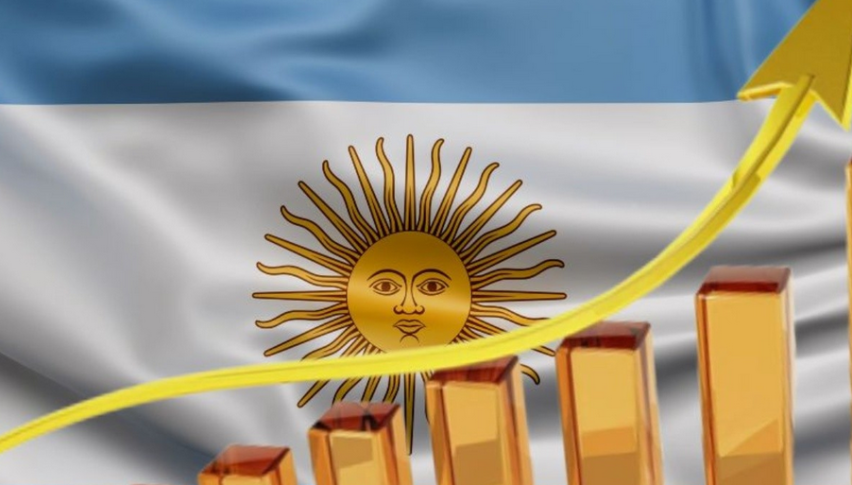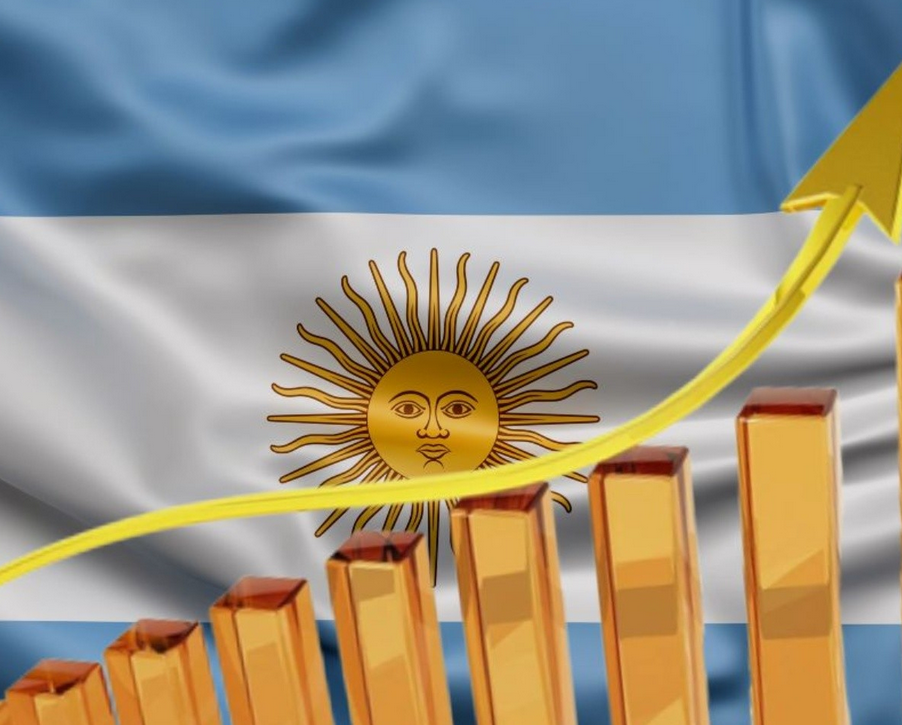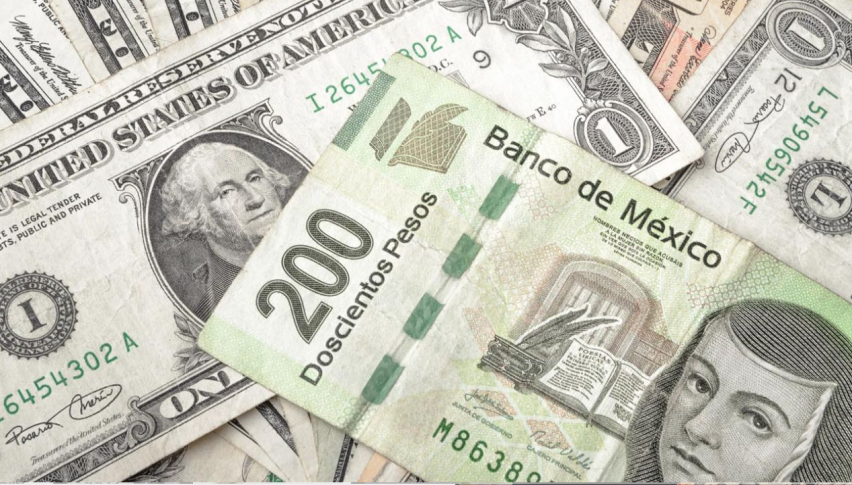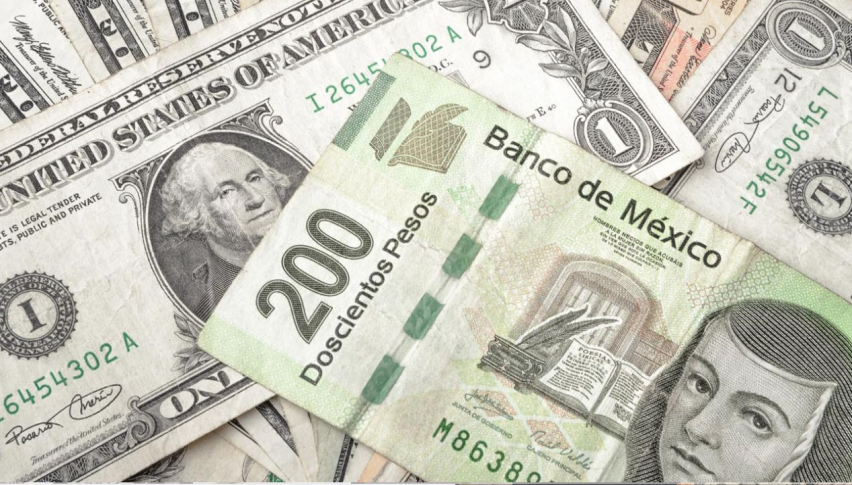Argentina: Country risk bounces back after hitting 30-month lows, bonds fall up to 3%
The index measured by JPMorgan Bank went up by 2.5% to 1,629 points. This comes after reaching its lowest level since 2021 just yesterday.

The previous session was marked by the optimism generated by Javier Milei’s call for dialogue made at the opening of the legislative sessions.

The Argentine country risk rebounds this Tuesday, March 5, after reaching nearly 30-month lows in the previous session. This is because dollar-denominated sovereign bonds are down by up to 3%. This occurs during a session in which investors are still readjusting expectations following a previous day marked by optimism generated by the call for dialogue at the opening of the legislative sessions made by President Javier Milei on Friday night.
The index measured by JPMorgan Bank went up by 2.5% to 1,629 points. This comes after reaching its lowest level since late September 2021 in the previous session.
In this context, dollar-denominated sovereign bonds operated mostly with losses. Those registering the highest losses are the Global 2041 (-3.1%); the Global 2030 (-3%); and the Global 2035 (-2.1%).
Last Friday, in his opening speech for the legislative sessions, Milei reaffirmed that he “will not back down” from his ultraliberal policies and that he will send a new package of laws to Congress, while also inviting governors and former presidents to sign a “social pact” to advance the reforms he deems necessary.
During the first two months, the government intensified spending cuts focused on social security benefits. According to private estimates, the accrued spending of the national administration fell by 29% in real terms compared to the same period in 2023, with a greater share attributed to pensions.
Private analysts estimate inflation for February to be around 16%, compared to the 20.6% recorded in January, with an annualized rate above 250%, which positions Argentina at the top of the world ranking in this regard. “The dollar is undergoing a downward correction (peso appreciation), where it seems very likely that the market is very bullish if it trades below 1,000 pesos.
- Check out our free forex signals
- Follow the top economic events on FX Leaders economic calendar
- Trade better, discover more Forex Trading Strategies
- Open a FREE Trading Account


